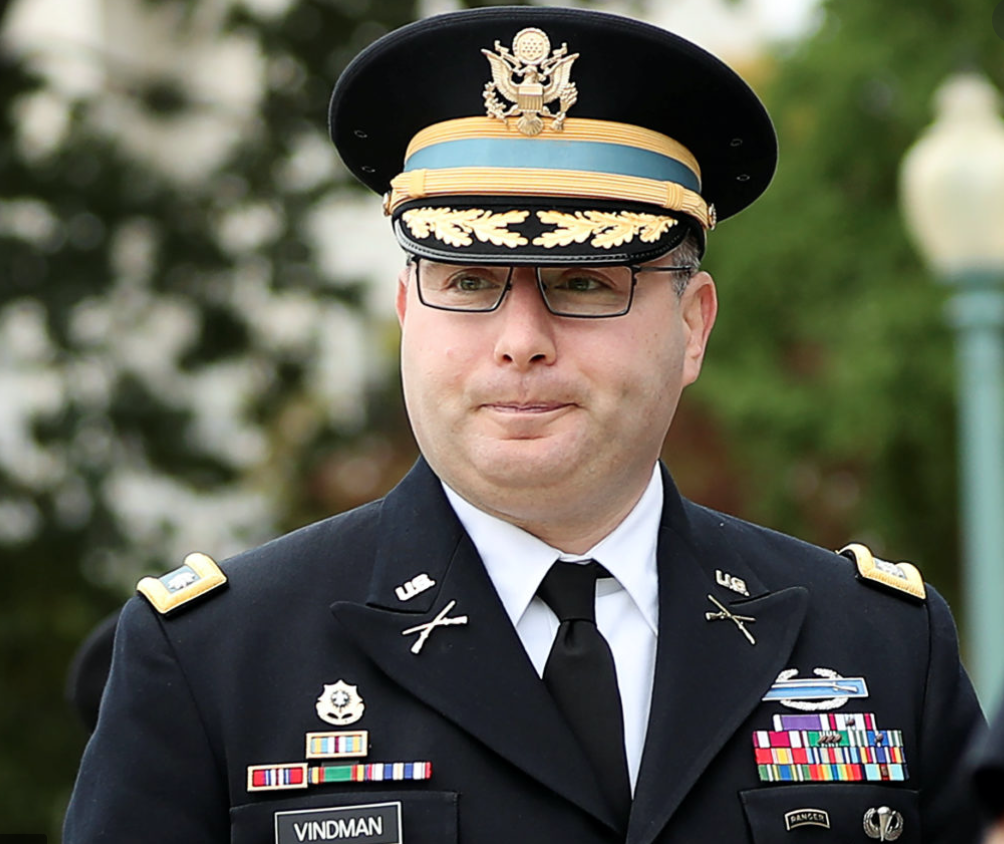Welcome to Byron York’s Daily Memo newsletter.
Was this email forwarded to you? Sign up here to receive the newsletter.
MORE FROM OBSESSION: First of all, thank you for the great reception you’ve given my new book, “Obsession: Inside the Washington Establishment’s Never-Ending War On Trump.” The first couple of days of coverage have focused on some of the book’s key revelations. There was the fact that, during the transition, Trump advisers strongly urged that then-FBI Director James Comey be fired immediately. There was the fact that, long before special counsel Robert Mueller’s disastrous July, 2019 Capitol Hill testimony, Trump lawyers suspected Mueller had suffered cognitive decline and was not fully in charge of the investigation. And the fact that the Trump defense team was bitterly angry when Mueller broke a pledge to wrap the investigation up early after failing to establish that collusion had taken place.

But there’s more. The book tells the story of behind-the-scenes battles during the Mueller investigation, and how that probe morphed into the Ukraine impeachment. What’s important to remember was that it was all part of one long effort to remove President Trump from office. In December 2019, when House Democrats were rushing to impeach the president, Nancy Pelosi was asked, why the rush? There’s no rush, she answered. “It’s been going on for…two and a half years. This was two and a half years ago they initiated the Mueller investigation.”
Republicans took notice. Finally, Pelosi has admitted what is going on, they said. This impeachment didn’t start with Ukraine. It wasn’t about a phone call. It was part of one long effort to bring the president down. And so “Obsession” starts with the origins of the Mueller investigation and goes through the president’s impeachment acquittal. Three takeaways:
Subscribe today to the Washington Examiner magazine that will keep you up to date with what’s going on in Washington. SUBSCRIBE NOW: Just $1.00 an issue!
1) A Trump lawyer threatened “war” if Mueller pursued presidential testimony. Mueller was appointed on May 17, 2017 and immediately began searching for evidence of collusion. That was, after all, the basic charge lodged against the president: that his campaign and Russia conspired or coordinated — colluded — to fix the 2016 election. Mueller looked everywhere, but could never establish that collusion even took place, much less who might have participated in it.
By late 2017, the Trump defense team knew Mueller had come up empty and began pressing the special counsel to end his investigation. After all, if he could not establish that there was underlying crime — the one he was assigned to investigate — why go on? But Mueller did not close up shop and instead turned his investigation toward allegations that Trump obstructed justice. And for that, he told the Trump defenders, he needed the president’s testimony.
In a tense March 2018 meeting, Trump lawyers told Mueller he already had all the evidence he needed and had failed to establish collusion. So therefore, he could not impose on the president for testimony. (In a private email, lead Trump lawyer John Dowd said the special counsel’s team was “too hungry for my money.”) Mueller resisted. “There came a time when Bob said, ‘You know, John, we can always get a grand jury subpoena,'” Dowd recalled of that March meeting. “That was it for me. I hit the table with my hands and I stood up and I said, ‘Bring it on. Let’s go…You want to do it, you’ve got yourself a war, and you’re going to lose it.'” Mueller never issued a subpoena or even formally asked the president to testify.
2) Unsuspecting Republicans relaxed after Mueller report and testimony. The Mueller report was released to the public on April 18, 2019. Even before that, when Attorney General Bill Barr released a summary of the report’s principal conclusions, the public knew that Mueller had failed to establish collusion. Then came Mueller’s disastrous July 24, 2019 performance on Capitol Hill. At that point, a lot of Republicans thought it was all over.
Many breathed a sigh of relief. Finally, after all these years, the Russia ordeal is behind us. Many relaxed. Some went on vacation. After two years of fighting, it was time for some rest. And so they were stunned to learn that, at that very moment, Democrats were working on a new allegation against the president, based on Ukraine, that would eventually result in his impeachment.
“We had no idea what the hell was going on,” Rep. Devin Nunes said of the moment in early September when Chairman Adam Schiff told a meeting of the House Intelligence Committee that there was a whistleblower complaint. Some Republicans suspected Schiff was returning to the Russia well one more time; it was probably one more false alarm about Russia. Still, there was something about Schiff’s manner that caught their attention. “He was so, I don’t want to say giddy — he was so anticipating that we all noticed it,” said Republican Rep. Chris Stewart, an Intelligence Committee member. Soon, they were all involved in yet another fight.
3) House Republicans came to believe Lt. Col. Alexander Vindman was the source of the entire Ukraine investigation. GOP lawmakers were deeply suspicious about the origins of the whistleblower complaint. They believed the whistleblower learned about the Trump-Zelensky phone call from Lt. Col. Alexander Vindman of the White House National Security Staff.

Testimony in both a private deposition and a public hearing supported that conclusion. Vindman revealed nearly everyone he discussed the call with, but there was one person, a member of the Intelligence Community outside the White House, whom Vindman told about the call but whom Democrats would not allow Vindman to name. Schiff said he would not allow that person to be identified because it would identify the whistleblower.
“Vindman was the person on the call who went to the whistleblower after the call, to give the whistleblower the information he needed to file his complaint,” said GOP Rep. Lee Zeldin. “Ultimately, we know Vindman is the person talking to the whistleblower,” added a senior Republican aide. “All the facts point that Vindman here is the coefficient, that he sparked this whole thing. For all intents and purposes, Vindman is the whistleblower here, but he was able to get somebody else to do his dirty work for him.”
The problem for Republicans: Vindman was a decorated military man whom many Republicans did not feel comfortable attacking. “There were a lot of aspects of his service to the country that are very honorable and deserve respect,” the aide said. “Part of the reason that the whistleblower ultimately was never officially confirmed was because Vindman was a decorated military person.” Republicans felt uneasy about going after Vindman, and, of course, Schiff remained an immovable obstacle to revealing Vindman’s full role in the whistleblower matter. And so the origins of the whistleblower complaint are still not fully known.
That’s it for now. Again, the book is available here. And yes, there is more, and it will come out in the next few days.

